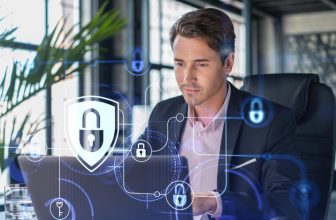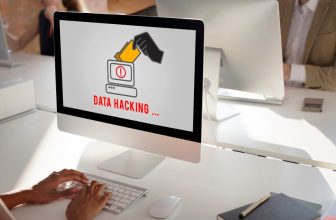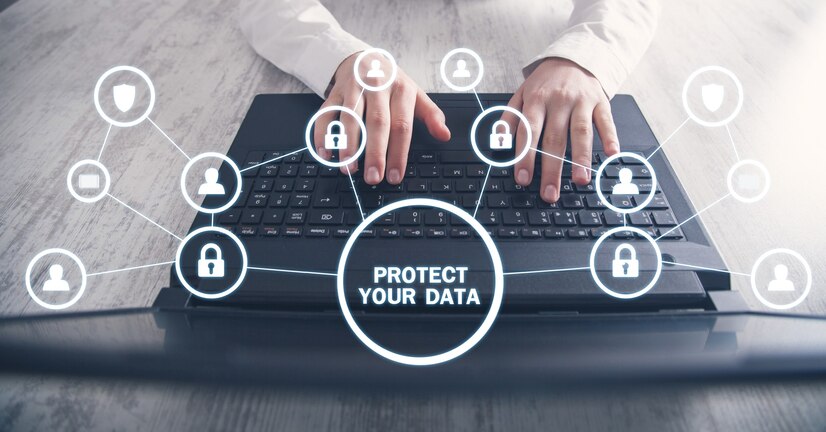
It takes a special kind of person to manage the challenges of remote work, and it takes bravery to guide others into it.
Of course, with all the benefits of working from home comes a certain level of responsibility that we have to assume.
So, knowing the seven best practices to work safely and efficiently is crucial.
Here Are Seven Important Cybersecurity Ideas
Let’s look at some of the best cybersecurity practices out there that every remote worker has to follow to stay safe.
1. Work securely with a VPN

“VPN” stands for “Virtual Private Network.” It functions as your digital bodyguard.
By using a VPN, you can be certain that you’re navigating in a private connection, and cybercriminals will be unable to breach your security. If this were the “real” world, you’d be working from a locked office.
If you don’t use a good VPN service, it’s a lot easier for hackers to get into your accounts and steal sensitive information or even your financial data.
By investing in a VPN, you know you’ll be virtually impossible to track. There’s a VPN Black Friday sale, and you can get one at a great discount.
2. Be careful of phishing scams
According to Q1, phishing scams in people’s emails grew by 35% between 2022 and 2023.
Phishing is, in a nutshell, when somebody pretends they are an official entity (banks, for example). This act allows them to steal personal information from people, like their passwords and usernames.
Imagine that one day you open your email only to find out that there’s been a security breach in your bank account. You open an official-looking link, fill out your information and fix the problem…
This can lead to serious consequences. You can lose all your money, and cybercriminals can even hold your data for ransom, forcing you to rescue it.
Don’t fall for this trap.
Just remember: security breaches in your bank accounts are never informed through emails. If suspicious emails come from other important organizations, call them and double-check that there’s a real threat.
3. Keep your devices and software up to date

Updates aren’t there to annoy you into restarting your laptop.
In reality, these are fundamental in ensuring that you and your information stay safe on the internet. If a VPN is a bodyguard, updated software is your armor.
Keep it in good condition to defend yourself!
Developers are in a constant duel with hackers: they upgrade their security measures, and the criminals update their viruses and trojans. It’s important to update your device whenever it’s needed.
Cybercriminals are always counting on people failing to update their stuff.
4. Use two-factor authentication
2FA is the abbreviation for two-factor authentication, and it works like a shield against threats.
So, if hackers sneak into your computer because you haven’t updated it, 2FA is a second line of defense.
Generally, 2FAs are text messages or emails with a numerical code, but they can also come as authentication apps and similar devices.
5. Keep your home Wi-Fi secured
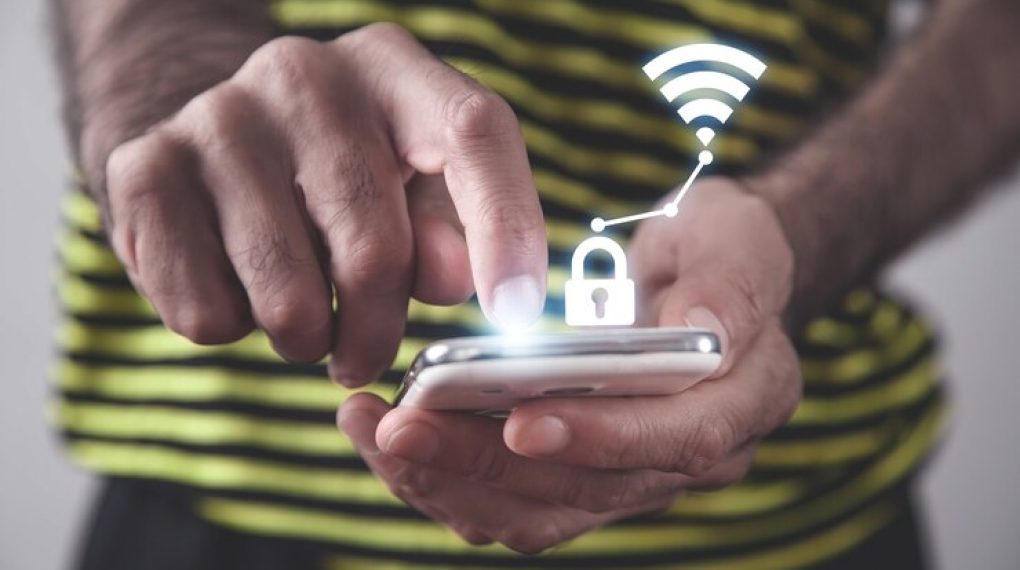
Another good point of entry for cybercriminals is your home Wi-Fi, simply because it’s easy to overlook it when taking security measures.
It’s your front door: make sure its password is difficult to guess and keep it locked from strangers.
You can even set up a secondary network that guests can connect to, and your most important devices will be even more protected.
6. Read the news and know the threats
Knowing what’s out there allows us to make more informed decisions.
So, to avoid being hacked and losing your data, keep yourself updated when it comes to cybersecurity.
Things can change very quickly. Be aware, and be prepared.
7. Make sure to backup your data
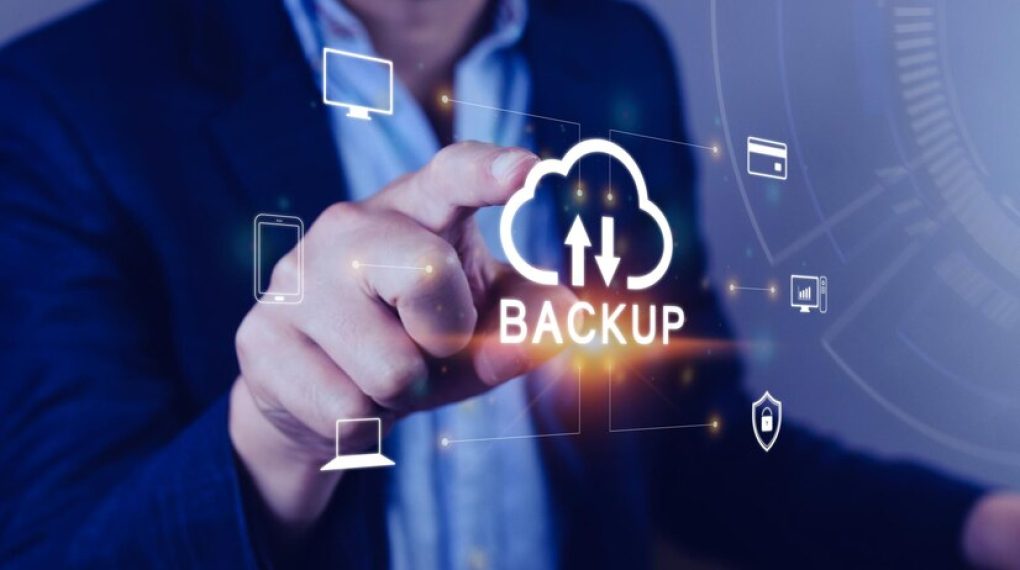
This is a crucial step in everything related to the digital world.
Losing your data is easier than you think, and it can happen to the best of us.
Consider taking these actions to minimize your chances of missing data:
- Regular backups will reduce the risk of ransomware;
- Have backups in separate cloud storage or devices.
Hackers can take your data and demand a hefty ransom to give it back. Don’t let them attack you that easily.
To sum up
Each one of us has the power and the tools to upgrade our cybersecurity. A single careless action or failed update can expose all of our info to prying eyes.
Embrace the best practices to stay safe and secure online.
Read Also:




